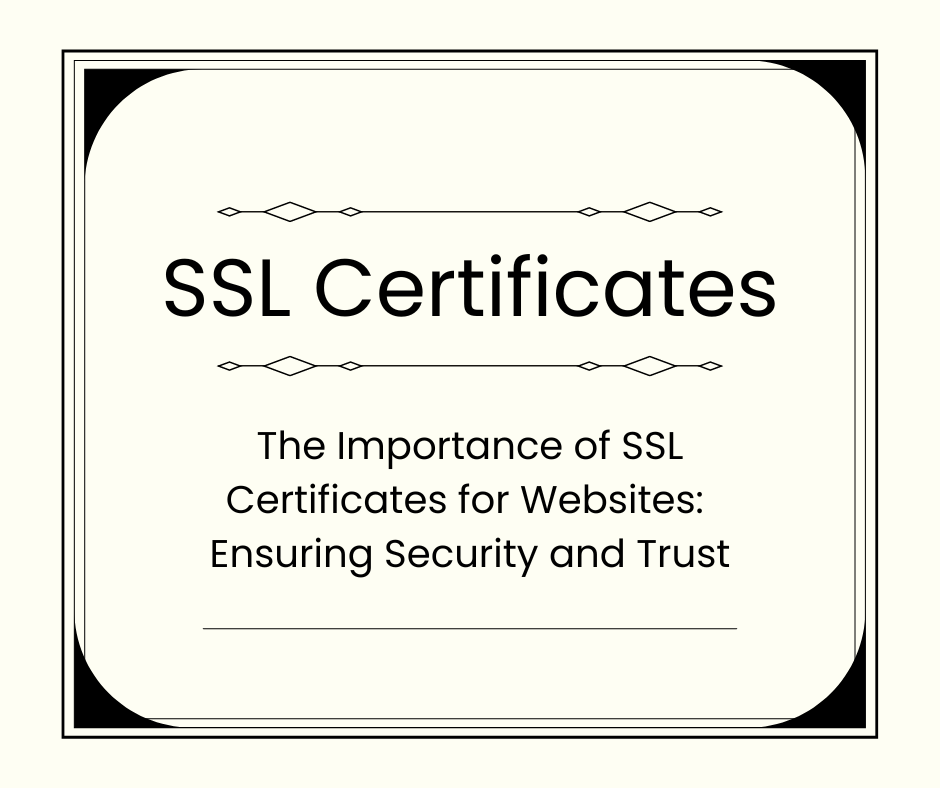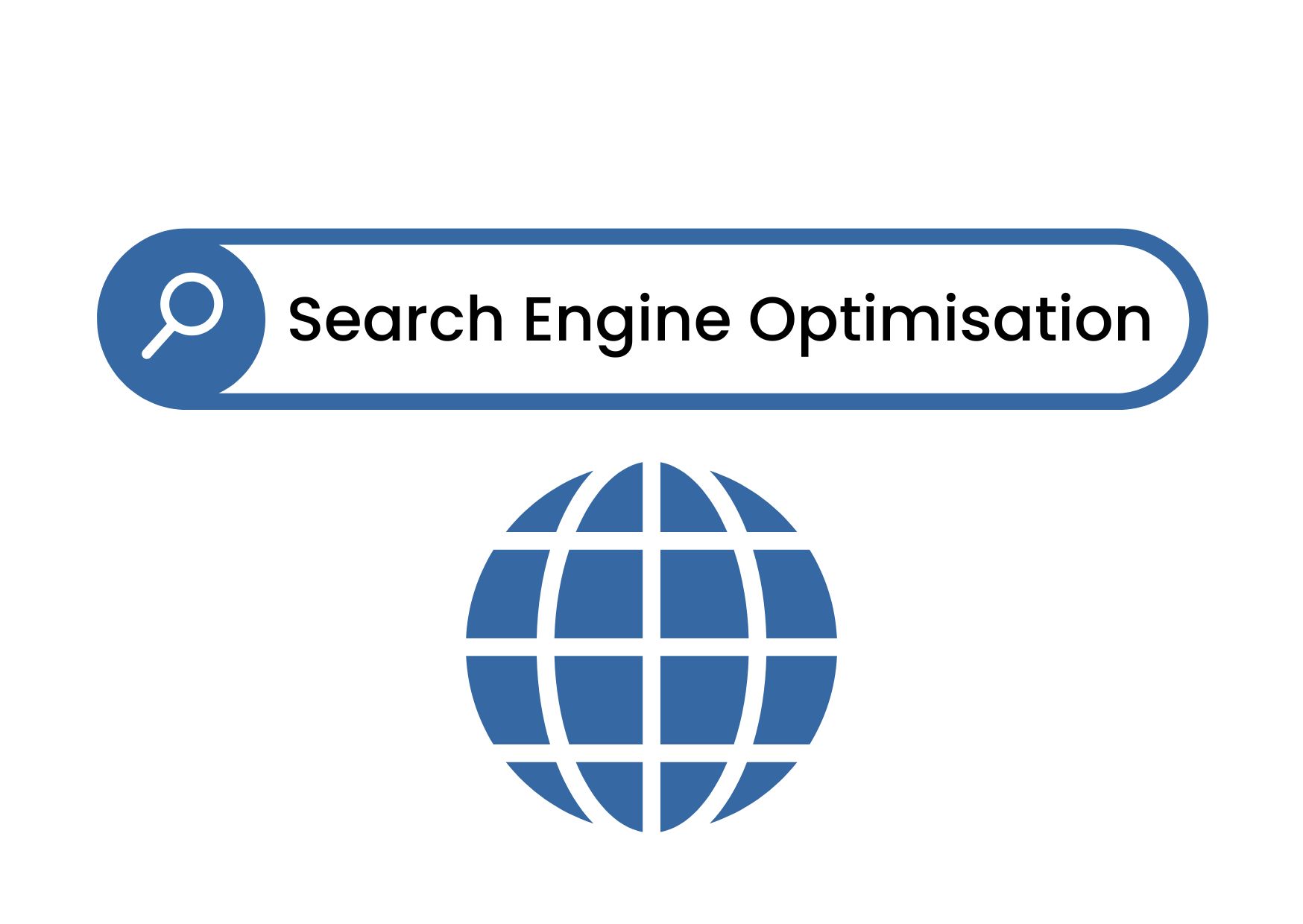
SSL Certificates
The Importance of SSL Certificates for Websites: Ensuring Security and Trust
In today's digital era, where online transactions, sensitive data sharing, and user privacy are paramount, ensuring a secure online environment is crucial. One of the key components in establishing a secure connection between a website and its visitors is the SSL certificate. In this blog post, we will delve into the importance of SSL certificates for websites and explore the various benefits they offer.
Data Encryption:
SSL (Secure Sockets Layer) certificates encrypt the data exchanged between a website and its users. When a website has an SSL certificate, the information transmitted, including personal details, credit card numbers, and login credentials, is transformed into an unreadable format. This encryption safeguards data from being intercepted or tampered with by hackers, ensuring confidentiality and privacy.
Authentication and Trust:
SSL certificates provide authentication, verifying the identity of a website or organization. Websites with SSL certificates undergo a validation process, where a trusted third party, known as a Certificate Authority (CA), verifies the website's legitimacy. This process instills trust and confidence in visitors, assuring them that the website they are accessing is legitimate and not an imposter or a malicious entity attempting to steal their information.
Search Engine Optimization (SEO) Benefits:
SSL certificates have become an important factor for search engines like Google when determining website rankings. In 2014, Google announced that SSL certificates are considered a ranking signal. Websites with SSL certificates are more likely to appear higher in search engine results, enhancing their visibility and driving organic traffic. By prioritizing security, website owners can boost their SEO efforts and improve their online presence.
Protection against Phishing Attacks:
Phishing attacks involve fraudulent entities posing as legitimate websites to deceive users into revealing sensitive information. SSL certificates help protect against such attacks by displaying visual cues, such as a padlock icon and "https://" in the browser's address bar. These indicators signal that the website has a secure connection, enabling users to distinguish genuine sites from potential phishing attempts. SSL certificates act as a shield, safeguarding both website owners and users from falling victim to phishing schemes.
Enhanced Customer Confidence:
Websites that implement SSL certificates create a secure environment that fosters trust and confidence among visitors. Today's online users are increasingly cautious about sharing their personal information. By providing a secure connection, websites can inspire confidence in potential customers, encouraging them to engage in online transactions, submit forms, and share sensitive information without hesitation. Establishing trust is essential for building a loyal customer base and fostering long-term relationships.
To conclude, SSL certificates have evolved from being an optional security measure to becoming a necessity for all websites. With increasing concerns surrounding online security and privacy, implementing an SSL certificate ensures data encryption, user authentication, and protection against phishing attacks, and enhances customer confidence. Moreover, search engines reward websites that prioritize security, improving their visibility and search rankings. By embracing SSL certificates, website owners demonstrate their commitment to creating a secure online environment and safeguarding their users' data.





